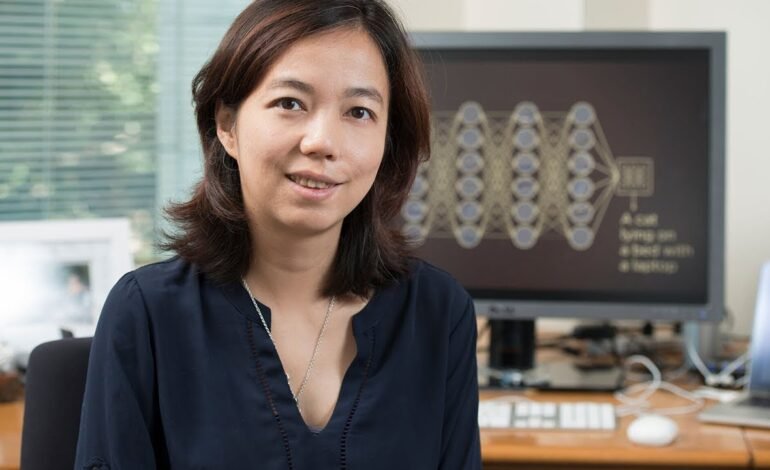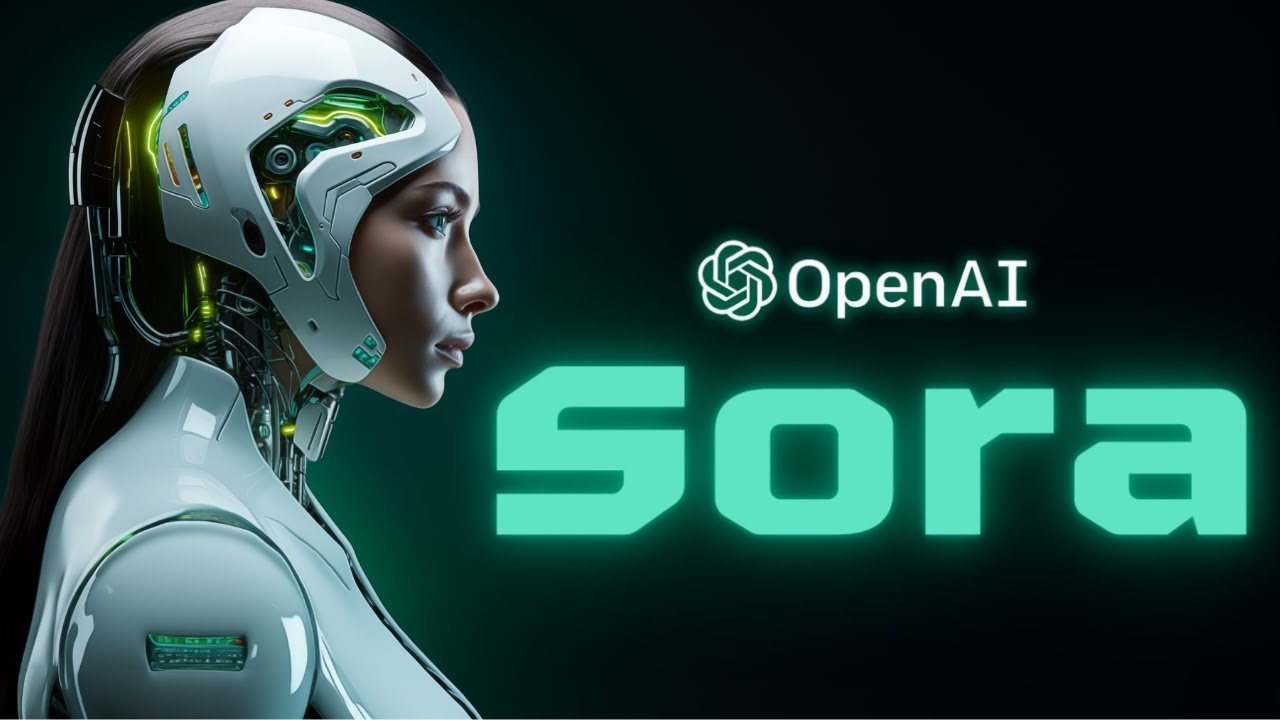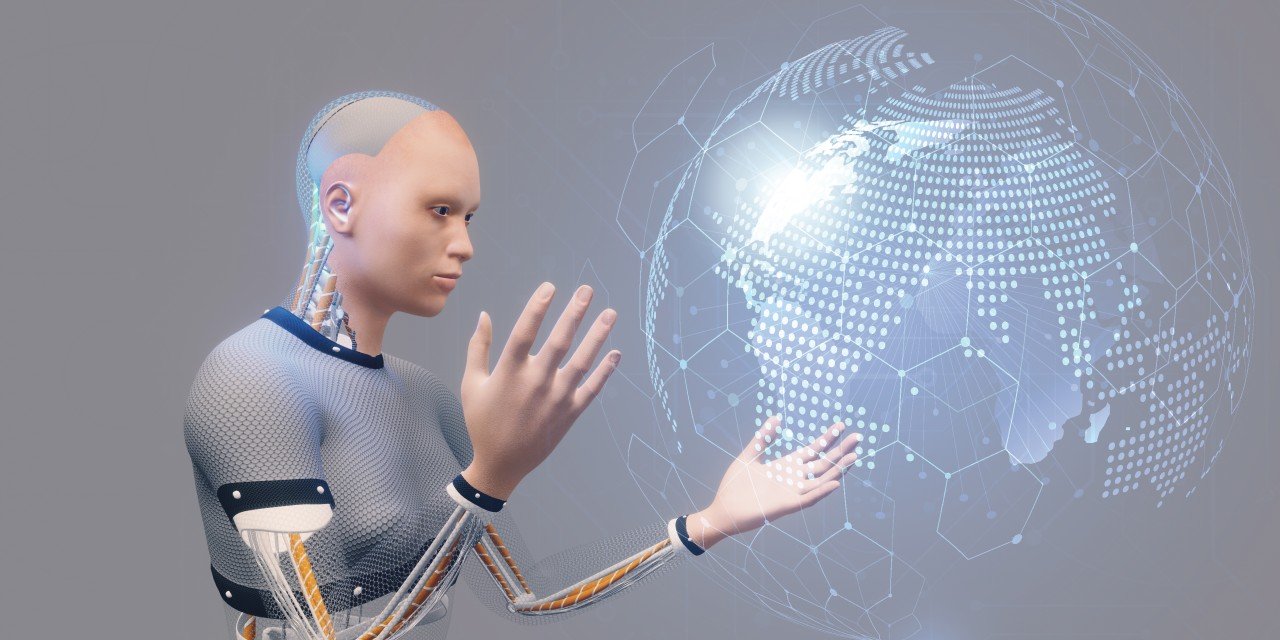Fei-Fei Li: The Godmother of AI

Fei-Fei Li is a renowned computer scientist, educator, and pioneer in the field of artificial intelligence (AI). Often referred to as the “Godmother of AI,” her contributions have significantly advanced machine learning and computer vision, making her one of the most influential figures in AI research and development.
Early Life and Education
Fei-Fei Li was born in Beijing, China, in 1976. She moved to the United States at the age of 16, where she pursued her academic ambitions with vigor. Her educational journey is marked by several prestigious institutions:
- Undergraduate Education: Li completed her Bachelor of Science in Physics from Princeton University in 1999. During her time at Princeton, she developed a strong foundation in the sciences, which would later inform her work in AI.
- Graduate Education: She earned her Ph.D. in Electrical Engineering from the California Institute of Technology (Caltech) in 2005. Her doctoral research focused on developing algorithms for recognizing and understanding images, a precursor to her groundbreaking work in computer vision.
Professional Life and Achievements
Fei-Fei Li’s professional career is distinguished by her contributions to AI research, education, and industry. Some of her notable achievements include:
- ImageNet: Li is perhaps best known for co-creating ImageNet, a large-scale dataset of labeled images. Launched in 2009, ImageNet became a crucial resource for training and evaluating machine learning models, particularly in the field of computer vision. The annual ImageNet competition spurred significant advancements in AI, leading to the development of deep learning techniques that have revolutionized the industry.
- Stanford University: Li is a Professor of Computer Science at Stanford University, where she has also served as the Director of the Stanford AI Lab. Her research at Stanford focuses on cognitive and computational neuroscience, as well as the development of AI systems that can understand and interpret visual information.
- Google Cloud: From 2017 to 2018, Li took a sabbatical from Stanford to serve as the Chief Scientist of AI/ML at Google Cloud. In this role, she worked on integrating AI into Google’s cloud computing services, making advanced AI tools more accessible to businesses and developers.
- Human-Centered AI: Li is a strong advocate for the ethical and human-centered development of AI. She co-founded the Stanford Human-Centered AI (HAI) Institute, which aims to advance AI research, education, policy, and practice to ensure that AI technologies benefit humanity as a whole.
Awards and Recognition
Fei-Fei Li has received numerous awards and honors for her contributions to AI and computer science, including:
- Induction into the National Academy of Engineering (NAE) and the National Academy of Medicine (NAM).
- Inclusion in Time magazine’s “100 Most Influential People” list.
- The IBM Faculty Fellow Award, the Alfred P. Sloan Fellowship, and the NSF CAREER Award.
Net Worth
While specific details about Fei-Fei Li’s net worth are not publicly disclosed, her various roles in academia, industry, and leadership positions within influential AI organizations suggest that she has achieved considerable financial success. Her contributions to AI have not only advanced the field but have also had significant commercial impact, particularly through her work with Google Cloud and the widespread use of ImageNet in AI research and development.
Conclusion
Fei-Fei Li’s pioneering work in AI, especially in computer vision, has earned her the title of the “Godmother of AI.” Her educational background, professional achievements, and advocacy for ethical AI development have made her a central figure in the field. As AI continues to evolve, Li’s influence and contributions will undoubtedly remain foundational to its progress and integration into society.










